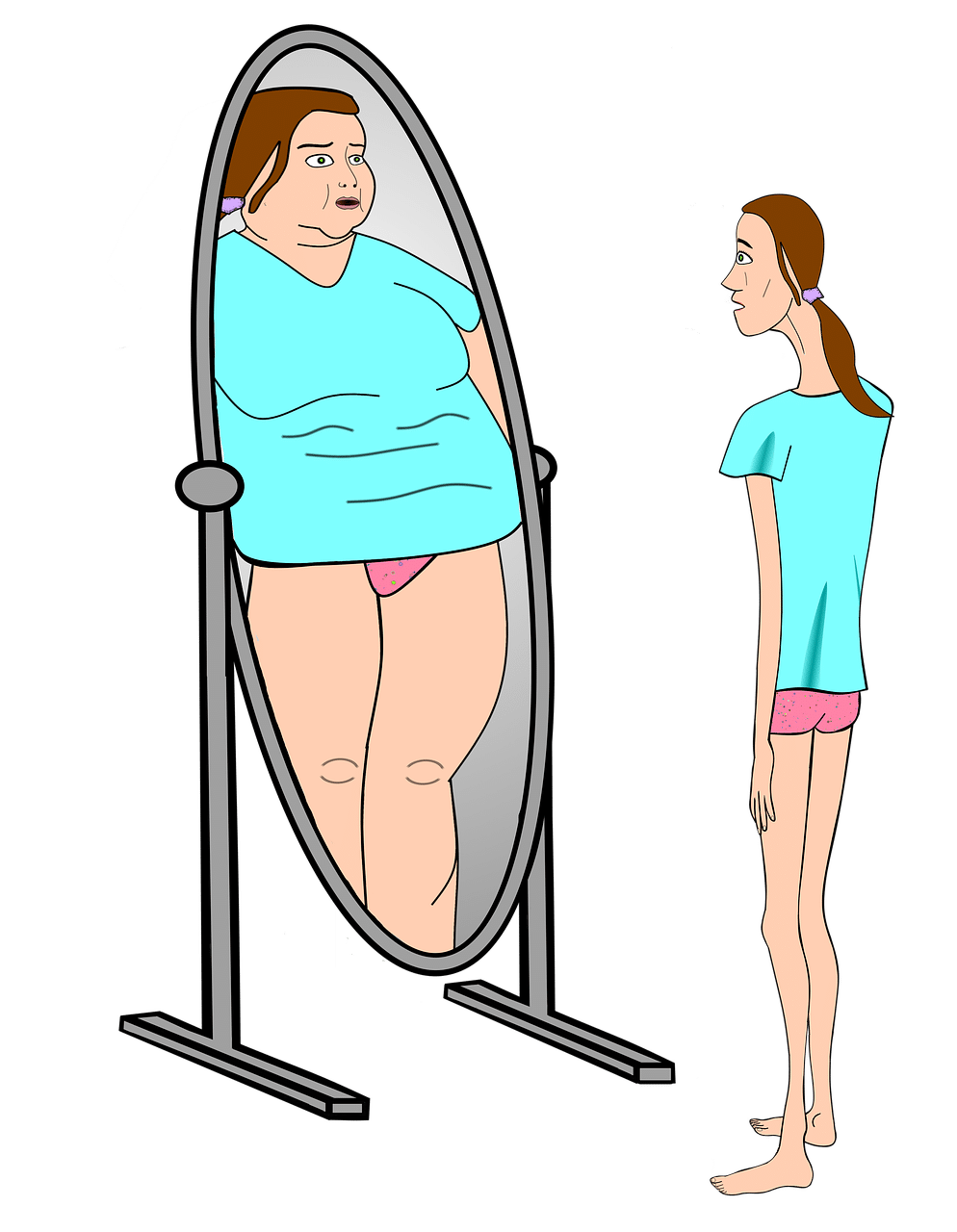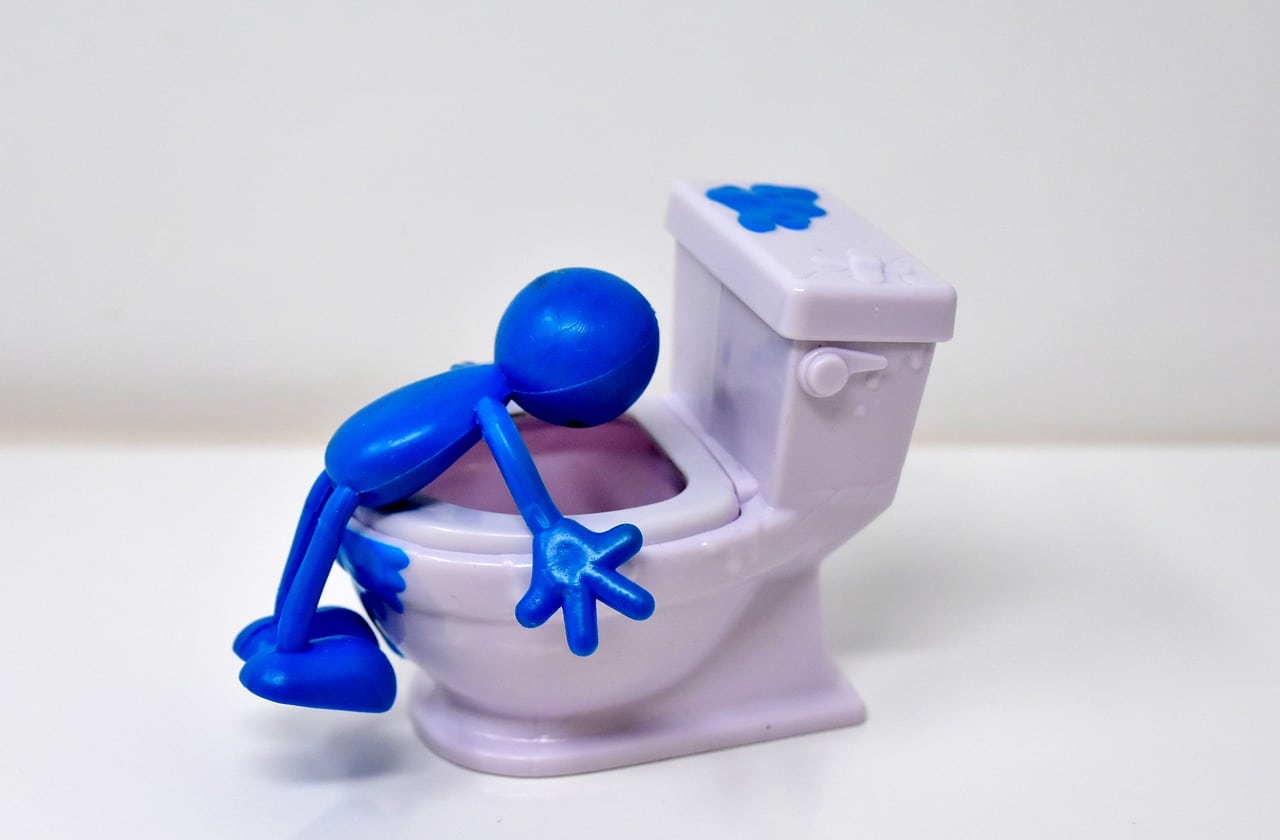
Bulimia is an eating disorder.
Bulimia is the disorder suffered by those who feel an exaggerated desire to eat , without being able to satisfy their appetite . The concept, derived from a word of Latin origin ( būlīmia ) which in turn comes from Greek, is used in medicine and psychology , since bulimia nervosa is a mental disorder related to food .
The person who suffers from bulimia eats compulsively, going on big binges. After this behavior, the subject feels guilty. That is why it is common for compulsive eating to be followed by stages where the patient refuses to eat food or fasts .
Behaviors associated with bulimia
Although the type of food consumed during binge eating is usually varied, bulimics tend to opt for sweets and high-calorie foods . Individuals with this disorder feel shame about their behavior and try to hide or conceal the symptoms.
Those affected by bulimia also develop behaviors that try to compensate for binge eating but that are very harmful. In this way, they can make themselves vomit after each meal to expel the food and thus not gain weight. When vomiting, the bulimic no longer feels discomfort or fear of gaining weight, which enables him to eat again and the cycle to restart.

Those who suffer from bulimia often make themselves vomit after eating to avoid gaining weight.
Its causes
This eating disorder that we are addressing has become one of the great evils for many women, and also for men, although to a lesser extent, at this time. For this reason, a series of studies have been and continue to be undertaken to determine its causes and effects, as well as the various existing treatments.
With respect to the first issue, that of the causes, it must be emphasized that these can basically be of three types: biological , psychological or social . Among the first are facts such as genetic predisposition, hormonal disorders or the fact that a person who is overweight undergoes strict diets that only create much greater anxiety.
From a psychological point of view, the most frequent causes that cause a person to suffer from bulimia are the emotional problems that may exist in the environment, being depressed, the pressure that one may feel to be physically perfect or the contempt that one may feel. feels both from the environment and from herself.
In social matters, the facts that can lead someone to suffer from this eating disorder are associating thinness with success and fame, the need to feel loved and admired by those around them or the desire to integrate and be part of a group.
Effects of bulimia
Among the direct and indirect effects of bulimia are dehydration , the appearance of dental cavities , changes in the menstrual cycle and hair loss . The treatment of this disorder must be indicated by a psychiatrist.
Psychotherapy and drugs are the two most common treatments that exist to treat bulimia, a disorder that is often confused with anorexia . However, it must be emphasized that while the former is manifested by an excessive way of eating, the latter is defined because it is the abnormal lack of desire to eat.
